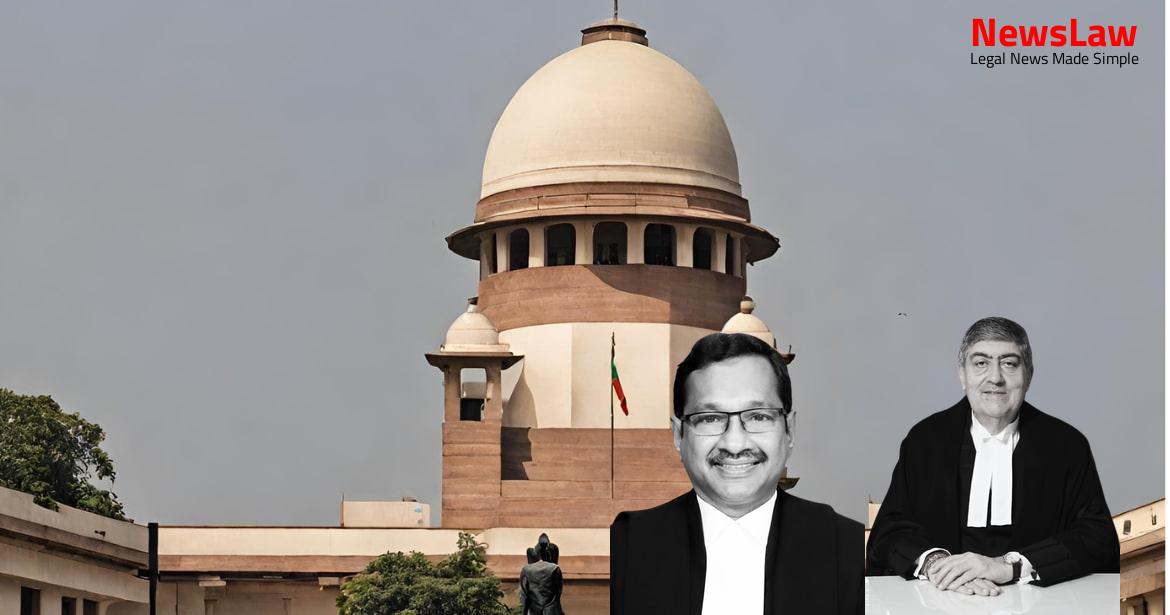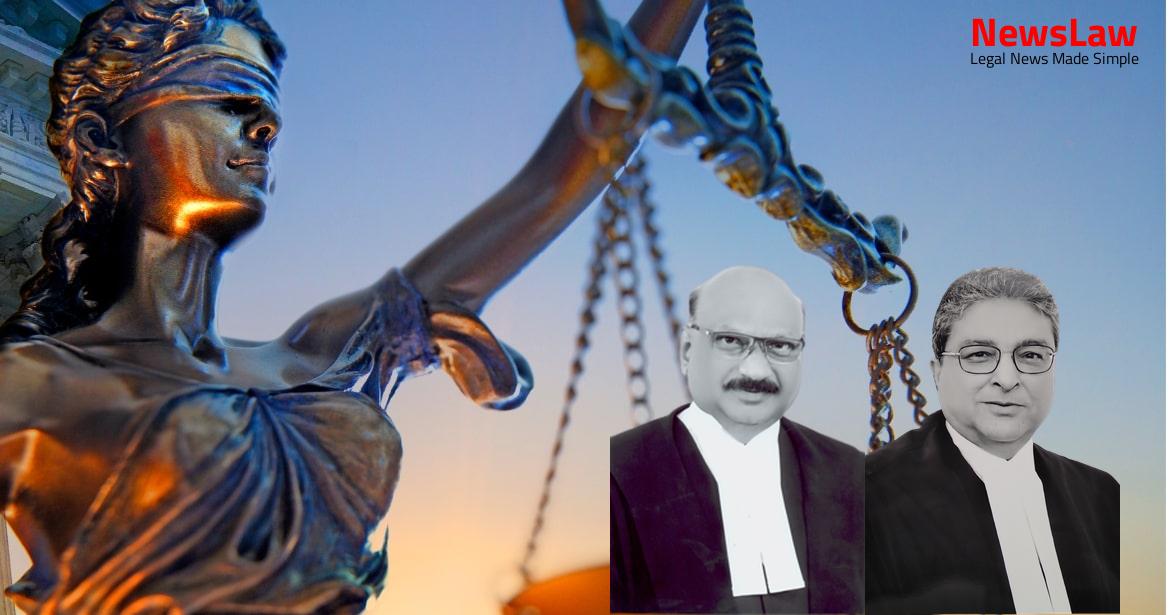The statutory obligations of public authorities under Section 4(1) relate to: (a) maintenance of all public records, duly catalogued and indexed for easy accessibility of the information; (b) publishing particulars of the organisational structure, functions and duties of officers, procedures that are followed for decision-making, salary structure, budget allocation, publication of facts relating to policies and announcements which includes providing reasons for quasi- judicial decisions. Having noted the scope and ambit of the obligations imposed on public authorities under Section 4, as elucidated by this Court, we may now refer to the prayer made by the petitioner in the Writ Petition.
Also Read: https://newslaw.in/supreme-court/dividing-violations-curability-of-defects-in-election-petitions/
The ‘Note on Submissions’ discloses that the Department continued to follow the mandate of Section 4 and sought compliance of the Guidelines by issuing further O.M.’s such as O.M. Some of the recommendations that were accepted relate to (a) setting up of Consultative Committees by public authority for systematic and regular interaction with its officials and to advise public authorities on information which can be uploaded suo motu, (b) setting up of Information and Facilitation Centres to educate citizens about information available, (c) providing searchable and retrievable database of information on the website of the public authorities; and importantly (d) to undertake transparency audits by training institutes under the Ministry/Department/Public Authority.
dated 15.10.2019, the Department relaxed the audit criteria by allowing the public authorities to give the transparency audits 9 conducted by any Government Training Institutes, i.e., in cases where there is no institute existing in the Ministry/Department/Public Authority.
On 07.11.2019, the Department of Personnel and Training issued an O.M. On the other hand, the written submission filed on behalf of the petitioner disclosed that only 33% of the public authorities have got transparency audits conducted in the last four years.
Also Read: https://newslaw.in/?p=666
It is further averred that apart from the poor implementation 11 of third-party audit, 33% of public authorities which had their transparency audits conducted performed badly, clearly evidences that quality and quantity of proactive disclosure were not in accordance with Section 4 of the Act.
The Department, shall, in relation to the public authorities within their jurisdiction, collect and provide such information to the CIC or SIC (see Section 25(2)).
While declaring that all citizens shall have the ‘right to information’ under Section 3 of the Act, the co-relative ‘duty’ in the form of obligation of public authorities is recognized in Section 4. We have also noted the special power of ‘Monitoring and Reporting’ conferred on the Central and State Information Commissioners which must be exercised keeping in mind the purpose and object of the Act, i.e., ‘to promote transparency and accountability in working of every public authority’.
Also Read: https://newslaw.in/supreme-court/release-of-petitioner-based-on-juvenility-plea/
For this purpose, the Commissioners will also be entitled to issue recommendations under sub- Section (5) of Section 25 to public authorities for taking necessary steps for complying with the provisions of the Act.
Case Title: KISHAN CHAND JAIN Vs. UNION OF INDIA (2023INSC741)
Case Number: W.P.(C) No.-000990 / 2021



